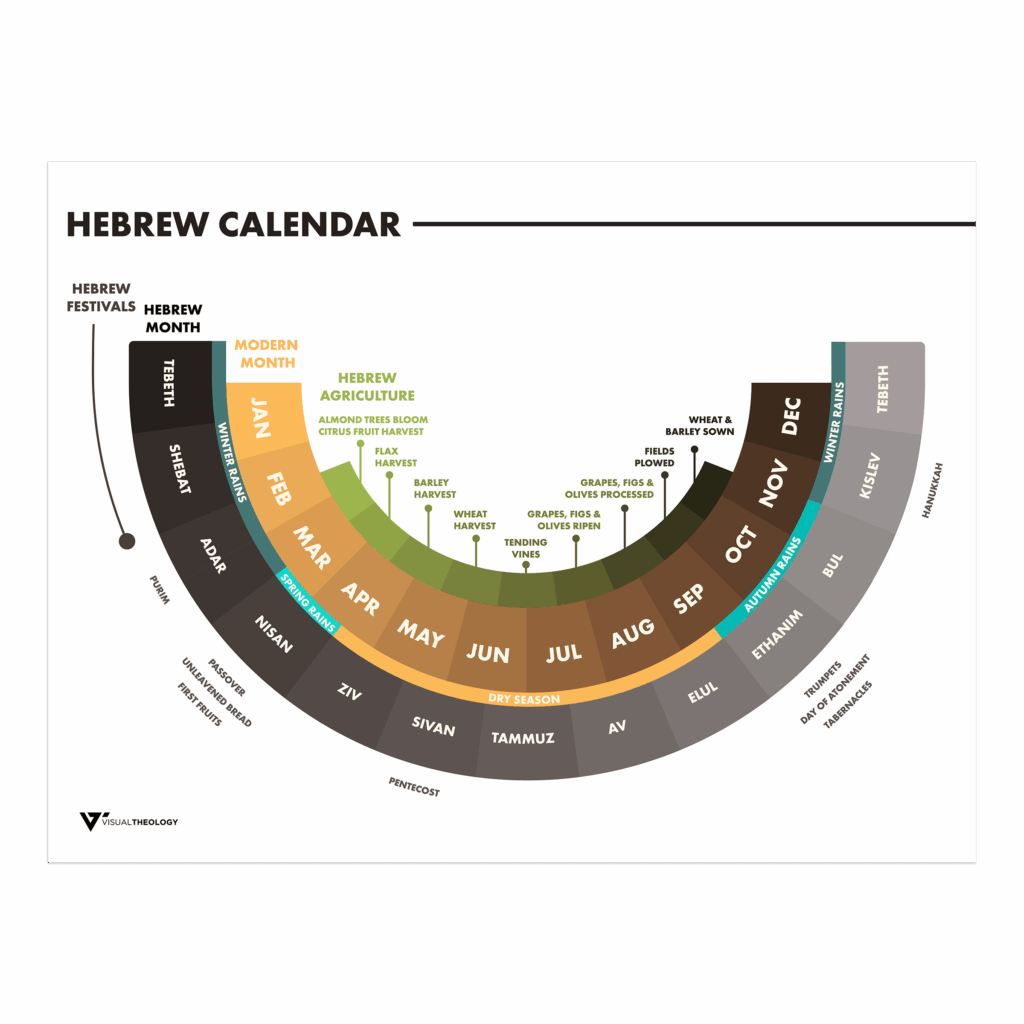The Hebrew calendar is a lunisolar calendar used by Jewish communities around the world to determine religious holidays and observances. It is based on lunar cycles, with each month beginning at the new moon. The Hebrew calendar has 12 or 13 months in a year, alternating between 29 and 30 days each.
One of the unique aspects of the Hebrew calendar is that it is based on both the lunar and solar cycles, with an extra month added in seven out of every 19 years to keep the calendar in sync with the solar year. This ensures that religious holidays, such as Passover and Yom Kippur, fall at the correct times of year.
July In Hebrew Calendar
July in the Hebrew Calendar
In the Hebrew calendar, July corresponds to the months of Tammuz and Av. Tammuz is the fourth month of the Hebrew calendar and typically falls in June or July in the Gregorian calendar. Av is the fifth month of the Hebrew calendar and usually falls in July or August in the Gregorian calendar.
During the month of Tammuz, Jews commemorate the fast of the 17th of Tammuz, which marks the breaching of the walls of Jerusalem before the destruction of the First and Second Temples. The month of Av is a time of mourning, culminating in the fast of Tisha B’Av, which commemorates the destruction of the Temples and other tragedies in Jewish history.
Significance of July in the Hebrew Calendar
July in the Hebrew calendar is a time of reflection and remembrance, as Jews commemorate the tragedies that have befallen their people throughout history. It is a time to honor the past and look towards the future with hope and resilience. Observing the fasts and rituals of Tammuz and Av allows Jews to connect with their heritage and strengthen their faith.
Overall, July in the Hebrew calendar is a time of spiritual growth and renewal, as Jews come together to remember their history and strengthen their connection to their faith. It is a time to reflect on the past and look towards the future with hope and determination.
